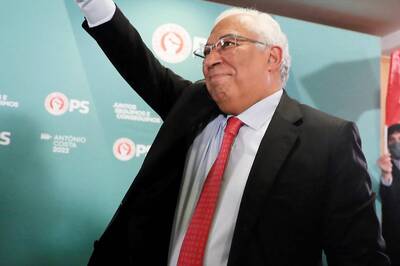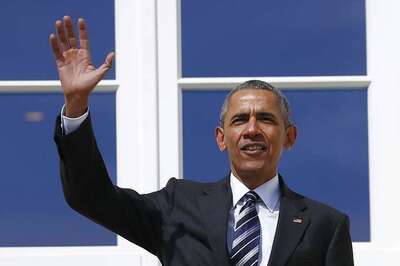
views
LONDON: Passive investment funds linked to environmental, social and governance (ESG) goals have pulled in the lion’s share of new money in Europe in 2020, Citi said on Friday, as more investors seek out companies they deem to act sustainably.
Citi said in a research note that one in two new exchange-traded fund (ETF) launches in Europe, the Middle East and Africa so far in 2020 were ESG-linked.
Investors have poured $4.2 billion of assets into these 52 new funds, against $3.8 billion for new non-ESG funds. The ratios are far lower in other regions, with 12% of new assets in the United States going into ESG-linked funds and just 3.7% in Asia.
Demand for ESG investments has ballooned in recent years, particularly in Europe, driven in part by growing evidence that companies that perform well on various ESG criteria tend to outperform over the longer term.
“As ESG frameworks mature and standardize they will increasingly get incorporated into the investment process of a broader range of investors,” Citi analyst Kim D Jensen said in Friday’s research note.
“As such the trend is likely to continue into 2021 with ESG versions of ETFs across more and more ETF categories becoming available and not just on major geographical indices.”
This year has provided several reminders of the risks to investors of ESG-related problems, most starkly the case of Wirecard. The German payments firm and once stock market darling, collapsed into insolvency in June after disclosing a 1.9-billion-euro hole in its accounts.
Bank of America estimates that more than $600 billion of S&P 500 company market capitalisation alone has been lost to “ESG controversies” in the last seven years.
Disclaimer: This post has been auto-published from an agency feed without any modifications to the text and has not been reviewed by an editor



















Comments
0 comment